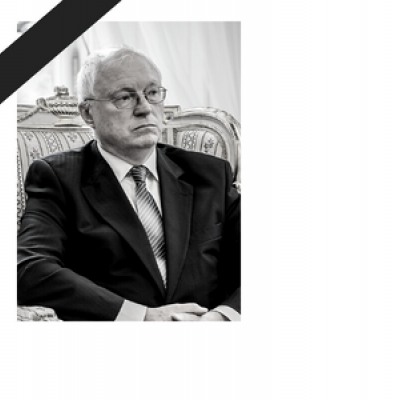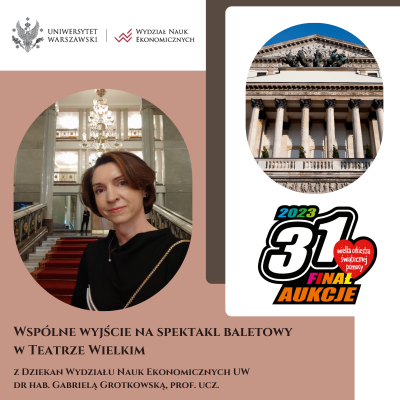Seminarium QFRG i DSLab z udziałem badaczy z Uniwersytetu Humboldtów w Berlinie oraz Blockchain Research Center [23.01.2023]
Serdecznie zapraszamy do wzięcia udziału w nadchodzącym seminarium organizowanym przez Quantitative Finance Research Group and Data Science Lab.
Podczas spotkania odbędą się trzy wystąpienia:
- 15:00-16:15 “Crypto volatility forecasting: ML vs GARCH” – prof. Wolfgang Härdle
Abstrakt:
Tail risk protection is in the focus of the financial industry and requires solid mathematical and statistical tools, especially when a trading strategy is derived. Recent hype driven by machine learning (ML) mechanisms has raised the necessity to display and understand the functionality of ML tools. In this paper, we present a dynamic tail risk protection strategy that targets a maximum predefined level of risk measured by Value-At-Risk while controlling for participation in bull market regimes. We propose different weak classifiers, parametric and non-parametric, that estimate the exceedance probability of the risk level from which we derive trading signals in order to hedge tail events. We then compare the different approaches both with statistical and trading strategy performance, finally we propose an ensemble classifier that produces a meta tail risk protection strategy improving both generalization and trading performance.
16:15-16:30 przerwa kawowa
- 16:30-17:10 “Cross-exchange Crypto Risk: A High-frequency Dynamic Network Perspective” – mgr Yifu Wang
Abstrakt:
Cross-exchange trading induces risk spillover in the crypto market, especially for centralized exchanges, which compound crypto volatility and counterparty risk. We propose a Multivariate Heterogeneous AutoRegression for Crypto Market (MHAR-CM) to specifically investigate interconnectedness among 9 different exchanges on Bitcoin in a high-frequency resolution via dynamic partial correlation networks. MHAR-CM accommodates the stylized facts of Bitcoin, such as trading 24/7 and the long-memory effect on returns. The monthly dependence coefficients of MHAR-CM reflect the evolution of Bitcoin returns and the persistent influence of events. We find that the scale of an exchange determines its influence towards the others, and the interconnectedness among these exchanges is stronger during a crisis. We also conclude with some remarks on FTX due to its recent bankruptcy. Furthermore, we demonstrate that a portfolio considering the dynamics of partial correlation networks offers a promising result in terms of risk diversification.
- 17:10-17:40 “Quantinar - The 2P2 Platform for Knowledge Sharing” – mgr Raul Bag
17:40-18:00 podsumowanie
Seminarium odbędzie się w języku angielskim, potrwa ok. 3 godziny.
Spotkanie odbędzie się 23 stycznia 2023 r. (poniedziałek) o godz. 15:00 w formule hybrydowej: na Wydziale Nauk Ekonomicznych w sali A409 oraz za pośrednictwem platformy Zoom: https://bit.ly/qfrg-dslab-seminar Meeting ID: 982 2842 8808, passcode: 636564.
Prosimy o zalogowanie najpóźniej o 14:50. O 15:00 rozpocznie się prezentacja.
Dołączenie do spotkania oznacza zgodę na nagrywanie. Prosimy o wyłączenie kamer i mikrofonów w trakcie prezentacji i wysyłanie pytań do prelegenta na czacie.




